Mythology Makes Us
Ragamala requests support to develop and present Mythology Makes Us: The Kannagi Festival. This project is a celebration of Tamil (Southeastern Indian) culture an aspect of Indian culture not often featured in the U.S. Through dance, dialogue, film, and food, we connect past and present, and explore how immigrants can draw on our cultural archetypes to inform a better, more just, and more inclusive future.
2022-2023 Cultural Heritage and Community Identity Grants - Winter 2021
Quantitative Outcomes:
* 2 days of activities (film screening, community meal, speakers, and live performance), offered in-person and via Ragamala's YouTube channel
* 8-10 artists/speakers presenting live
* Performance/screening of the work of an additional 11 artists
* 5-10 partnering organizations
* 1,000 in-person attendees
* 1,000 virtual attendees
* Diverse audience on metrics of race, ethnicity, faith, neighborhood, age, and gender
* Ragamala and our partnering organizations will expand our reach into new constituencies
Qualitative Outcomes: Attendees will:
* Experience an aspect of Indian culture not often represented in the U.S.
* Learn about art forms, epic narratives, traditions, histories, and perspectives with which they were previously unfamiliar
* Feel empowered to embrace, define, and share their own multi-hyphenate, intersectional identities
* Be motivated to understand, feel empathy for, think expansively about their neighbors and communities
* Gain a deeper understanding of the ways in which the performing arts in India are multidisciplinary and intersect with multiple Humanities disciplines
* Think expansively about how immigrants can bring our distinct histories, cultural archetypes, and perspectives to the work of cultural/societal transformation
Ragamala Dance Company received support from the Minnesota Humanities Center to develop and present Mythology Makes Us: The Kannagi Festival. At the time of our proposal, this project was conceived as a celebration of Tamil (Southeastern Indian) culture an aspect of Indian culture not often featured in the U.S. Through dance, dialogue, film, and food. Our intent was to connect past and present and explore how immigrants can draw on our cultural archetypes to inform a better, more just, and more inclusive future. For the past several months we have been planning and shaping the project and expanding it into a six-month series which will include virtual and in-person events throughout the spring.
The festival will include:
* A film screening of Sthree :Ragamala's contemporary interpretation of Silappathikaram. Sthree's roots are in classical Tamil literature, yet its themes of duty and fate, justice and retribution, power and transcendence illuminate our present moment. Through evocative Bharatanatyam (South Indian classical dance) choreography and English narration, Sthree makes the epic accessible to a wide audience.
* Free, Participatory Experiences for the Community:
* Ragamala Company members will lead free classes at various locations in St. Paul. We are currently in conversation with the Children's Museum and St. Paul Conservatory of Performing Arts. The classes offer students an introduction to Ragamala's signature style of Bharatanatyam and the opportunity to learn more about the mythologies and epic narratives that inspire Ranee, Aparna, and Ashwini Ramaswamy's choreographic works.
* Sacred Geography Hands-on Activity: Sacred Geography is rooted in the South Indian folk visual art form of kolam. Each morning before dawn, women in southeastern India undertake the silent ritual of kolam, making rice flour designs on the ground as mindful offerings to Mother Earth. This daily ritual creates a sacred space and becomes a link between the intimate home and the vastness of the outside world. We are coordinating with partners from different faith organizations in order to share this programming with a wide array of people, and communities new to Ragamala's work.
* Moderated Talks, Panel Discussions, and PresentationsA series of in-person and virtual events that incorporate the perspectives of multiple Humanities disciplines including History, Religion, Anthropology, Art History, and Literature.
* Bringing Stories to Life through Different Media : This conversation between Ashwini Ramaswamy (Ragamala Dance Company) and Kate Nordstrum (Great Northern Festival) will be held virtually in February 2023.
* Author Talk with Keerthik Sasidharan: This virtual event planned for April will give attendees the chance to learn about Sasidharan's approach to writing and his book Dharma Forest.
* Alarmel Valli Talk: This event will celebrate Legendary Bharatanatyam dancer Alarm'l Valli 's decades-long relationship with the Twin Cities South Indian community. The talk will be presented virtually in May.
* Performance: Students from the Ragamala Training Center will present a public showcase at The Landmark Center Auditorium on June 4th, showcasing the next generation's immersion in the cultures and traditions of our South Indian heritage.; SUMMARYRagamala Dance Company received support from the Minnesota Humanities Center to develop and present Mythology Makes Us: The Kannagi Festival. At the time of our proposal, this project was conceived as a 2-day celebration of Tamil (Southeastern Indian) culture - an aspect of Indian culture not often featured in the U.S. through dance, dialogue, film, and food.
Our intention was to connect past and present and explore how immigrants can draw on our cultural archetypes to inform a better, more just, and more inclusive future.
As the project was formally designed and implemented, we ultimately expanded it into a multi-week series entitled Mythology Makes Us, that included virtual and in-person events at multiple partner sites. As noted in our interim report, we adjusted the project dates and expanded it into a six-month series stretching throughout the spring. We expanded the project, incorporating diverse immigrant narratives and broadening the scope of our partnerships. However, our core intention was preserved throughout the process. We were able to secure excellent partners and locations for activities, and the resulting events were a resounding success.
WORK ACCOMPLISHED
Mythology Makes Us was a celebration of Tamil (SE Indian) culture - an aspect of Indian culture not often featured in the U.S. Through dance, dialogue, and food, we connected past and present, and explored how immigrants can draw on our cultural archetypes to inform a better, more just, and more inclusive future.
As South Indian-American artists, the Tamil epic Silappathikaram is infused into our marrow. With this project, we illuminated our cultural narratives for diverse audiences - both as a window into Tamil culture and as a launching point for intercultural conversations, honoring the epics of our ancestors, their ongoing relevance in today's world, and what they tell us about ourselves in the present moment.
Held over several weeks between February and June 2023, activities included:
Presentations and artist talks featuring Ragamala's Ranee, Aparna, and Ashwini Ramaswamy alongside iconic Bharatanatyam dancer/choreographer Alarmel Valli (of Chennai, India); second-generation immigrant American dancers/choreographers of various backgrounds including Phil Chan, Alanna Morris, MN JoeTran, and Berit Ahlgren; author Will McGrath; and Syrian-American visual artist Kevork Mourad, co-presented by The Coven, Northrop, Green Card Voices, Magers and Quinn bookstore, Natyakala, and others (both in person and virtually on Zoom)
Presentations and hands-on workshops in Bharatanatyam and the Tamil folk visual art form of kolam at the Flint Hills Family Festival, Somali Museum of MN, St. Paul Conservatory for Performing Arts, MN Children's Museum, MSS (serving people with disabilities), libraries, Stafford Library, and others, exploring how our culturally rooted art forms and traditions, handed down across generations, inform our contemporary lives
A culminating performance featuring the next generation of Ragamala, followed by a community meal at Landmark Center in St. Paul
GOALS ACHIEVED
This project furthered Ragamala's mission to use our art to:
Foster listening, understanding, and empathy through shared cultural narratives
Inspire new ways of thinking about ourselves, our community, and our place within it
Amplify unheard voices & shape new paradigms of how we see one another
To measure our goals and outcomes, feedback was collected via e-surveys, livestream chats, dialogue with attendees, and email/social media response. Diversity was assessed via conversation and observation. Data was evaluated by Ragamala staff/board. Using these practices, we are proud to say that we met or exceeded all our major goals for this project, as follows:
Quantitative Outcomes (recorded based on guest counts and survey data collected in partnership with presenting venues):
14 days of activities over the course of six months, offered in-person and via Zoom
14 artists (dancers, choreographers, visual artists, authors, and speakers) performing and presenting live
16 partner organizations and venues hosting elements of the Festival and/or promoting it to new constituencies
2,077 in-person attendees
30 virtual attendees via Zoom
Meeting or exceeding 100% of our diversity targets on metrics of race, ethnicity, faith, neighborhood, age, and gender
Qualitative Outcomes (measured through written comments by attendees and post-event dialogue, collected during & after events and reviewed by our staff):
At least 60% of attendees experienced underrepresented aspects of Indian culture - specifically, the Tamil traditions surrounding the Kannagi Festival
At least 60% of attendees learned about art forms, epic narratives, traditions, histories and perspectives with which they were previously unfamiliar
At least 60% of attendees felt empowered to embrace, define and share their own multi-hyphenate, intersectional identities
At least 60% of attendees were motivated to understand, feel empathy for, and think expansively about their neighbors
At least 60% of attendees gained a deeper understanding of the ways in which the performing arts in India are multidisciplinary and intersect with multiple Humanities disciplines
At least 60% of attendees thought expansively about how immigrants can bring distinct histories, cultural archetypes, and perspectives to the work of cultural/societal transformation
City of St. Paul Cultural STAR $25,000
F.R. Bigelow Foundation $12,000
St. Paul Foundation $12,000
Minnesota State Arts Board $25,000. City of St. Paul Cultural STAR: $25,000
F.R. Bigelow Foundation: $12,000
St. Paul Foundation: $12,000
Minnesota State Arts Board: $25,000
Individual Donations: $793
Neal Cuthbert, Vice President
Dheenu Sivalingam, Treasurer
John Riske, Secretary
Marguerite Ahmann
Nisha Kurup
Unnikrishnan (Unni) Gopinathan
Aparna Ramaswamy
Ranee Ramaswamy ; Marguerite Ahmann, Nithya Balakrishnan Mathad (Board President), Neal Cuthbert (Board Vice President), Unnikrishnan Gopinathan, Nisha Kurup, Aparna Ramaswamy, Ranee Ramaswamy, John Riske (Board Secretary), Dheenu Sivalingam (Board Treasurer)





